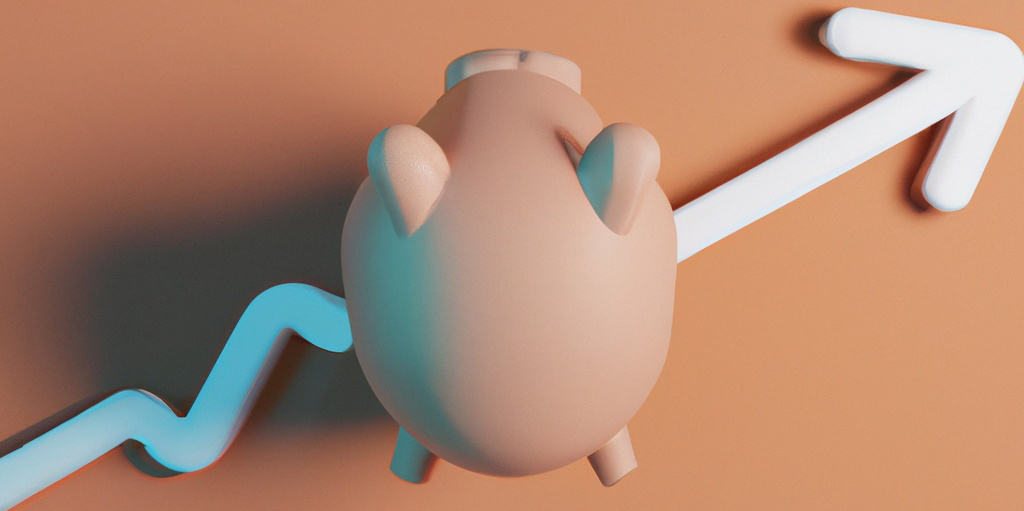Inflation happens. In fact, it’s expected. The Bank of Canada (BoC) likes to see the pace of inflation at about 2%. Just prior to the holidays, however, it was announced consumer prices in November were 6.8% higher than the previous year, continuing an almost two-year upward trend that makes it hard for people to keep up.
To help put the brakes on inflation, the BoC raised its benchmark policy rate several times since the start of 2022. However, it takes time for changes to the benchmark rate to work. The BoC estimates it takes 18 to 24 months for changes to affect all components of the economy.
Until then, what can you do to weather what’s going on? With a recent Leger survey finding that 44% of Canadians worried about higher inflation, interest rates and prices in 2023, the time is right to ensure you’re getting the most out of some essentials that you pay for and buy today.
How to save money on food: Minimize food waste
The price of food has outpaced the rise in inflation considerably. Statistics Canada reports that while inflation overall has increased 6.8%, the price of food has risen a whopping 11.4% over the same time period. Get the most out of the food you buy by minimizing food waste.
It’s estimated that every Canadian household throws out about 140 kilograms of food each year, of which fruits and vegetables (at 45%) are the most frequently tossed:
- When practical, buy fruits and vegetables every few days as needed instead of buying a week’s worth all at once.
- Use up fruits and vegetables in the order they’re likely to spoil. For example, fresh raspberries don’t last as long as apples, and a lettuce spring mix doesn’t last as long as cabbage.
- Prolong the life of wilted and limp vegetables with a 10-minute soak in ice water. Prime candidates for reinvigoration include carrots, celery, potatoes, and broccoli.
- Set your refrigerator to the optimal temperature for preserving food, 4°C or lower, and store items in their ideal fridge location. Fruits and vegetables, for example, should be separated into two crispers as they ripen differently. Generally, vegetables should be stored in a high humidity drawer, and fruits (as well as mushrooms) in a low humidity drawer.
- Not everything should be stored in the fridge. For example, uncut squashes and pumpkins are best stored in the pantry, as are garlic, eggplant, pineapple and sweet potatoes.
How to save money on heat: No cost (or low cost) tips
Heating your home is generally the largest contributor to your annual energy bill. Nearly two-thirds (63.6%) of the energy we use goes to heating our living space. When temperatures drop, you may be inclined to turn up the thermostat, but you can stay warm and spend less at the same time:
- Program your thermostat to heat your home when you need it most. Generally, it doesn’t need to be as warm when we sleep as it does when we’re awake. A common rule-of-thumb is to set your thermostat to 17°C overnight and 20°C during the day. If this is too cool, increase the temperatures one degree at a time until you find a nice balance.
- Put your ceiling fans to good use. Often people only think of ceiling fans as a way to keep the house cool in the summer. But in the winter, they can help keep your home warm too. The key is to have them spin counter-clockwise as this pushes down the heat that has risen to the ceiling so it mixes with the cooler air below.
- Is furniture blocking the flow of heat from your home’s heat registers, radiators, or baseboards? Do a walkabout room-by-room to make sure all heat sources have the space needed for warm air to easily flow into the rest of the room. If necessary, move furniture so it’s not an obstacle to keeping the room comfortable.
- Use the sun to your advantage. In rooms where the sun’s rays come in, open your window coverings during the day to bring the heat into the home and close them at night to keep the heat inside.
- When you’re not using your fireplace, close the flue to stop cold air from coming in through the chimney. Leaving the damper in the open position all the time is like leaving a window open.
- Use exhaust fans sparingly. Exhaust fans in your kitchen and bathroom pull air out of your home. Use them only when necessary for short periods of time.
High-interest savings accounts and GICs are another easy way to save money
There’s no doubt about it, the current rate of inflation stretches everyone’s dollar thin. This reality is why it’s essential to make the most of all the dollars you save. High-interest savings accounts and GICs are popular with savers and investors alike, and at Oaken Financial our interest rates are some of the best in the industry. It’s how we can help you make the most of your hard-saved money. Learn more about what makes Oaken Financial the better choice by visiting oaken.com/why-oaken-financial.




 Saving strategies
Saving strategies